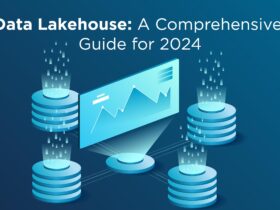Viz.ai, Inc., the leader in AI-powered disease detection and intelligent care coordination, announced a strategic collaboration with Medtronic to improve the coordination of cryptogenic stroke patient care between the neurology and cardiology teams. For stroke patients who are at risk of atrial fibrillation (“AF”) post-stroke and may need additional cardiac monitoring, stroke care teams in the U.S. will have the opportunity to use the Viz Connect™ solution, a software tool that automates the communication across disciplines, including neurology and cardiology.
Recent clinical study results indicate that both community hospitals and academic centers are in need of stronger, standardized care pathways between neurology and cardiology to ensure that stroke patients receive guideline-directed therapy. According to the DiVERT Stroke clinical study, only 16% of stroke patients from community hospitals and 34% of patients at academic centers received a cardiology consult.1
“Through our collaboration with Medtronic, we have the opportunity to bring cardiology and neurology closer together by using software tools that help facilitate stroke patient care,” said Chris Mansi, MD, CEO and co-founder at Viz.ai. “We are confident this collaboration will help more patients get the continuity of care and treatment they need to reduce secondary stroke recurrence.”
Stroke impacts more than 795,000 people every year in the U.S., with approximately 35% of strokes classified as cryptogenic, or from an unknown cause, which require a cardiac workup.2 Up to 20% of cryptogenic stroke patients will have a second stroke within two years.3 Viz Connect has demonstrated impact on improving patient access to cardiac care after a cryptogenic stroke, with an average of more than a 50% increase in in-patient cardiology follow-up, with an average time of under five minutes from when the notification is sent from neurology to when it is reviewed by a cardiologist.4
“We look forward to helping hospital care teams more easily get patients to the right specialist at the right time,” said Stacey Churchwell, vice president and general manager, Cardiovascular Diagnostics and Services within the Cardiac Rhythm Management business, which is part of the Cardiovascular Portfolio at Medtronic.
SOURCE: PRNewswire


































